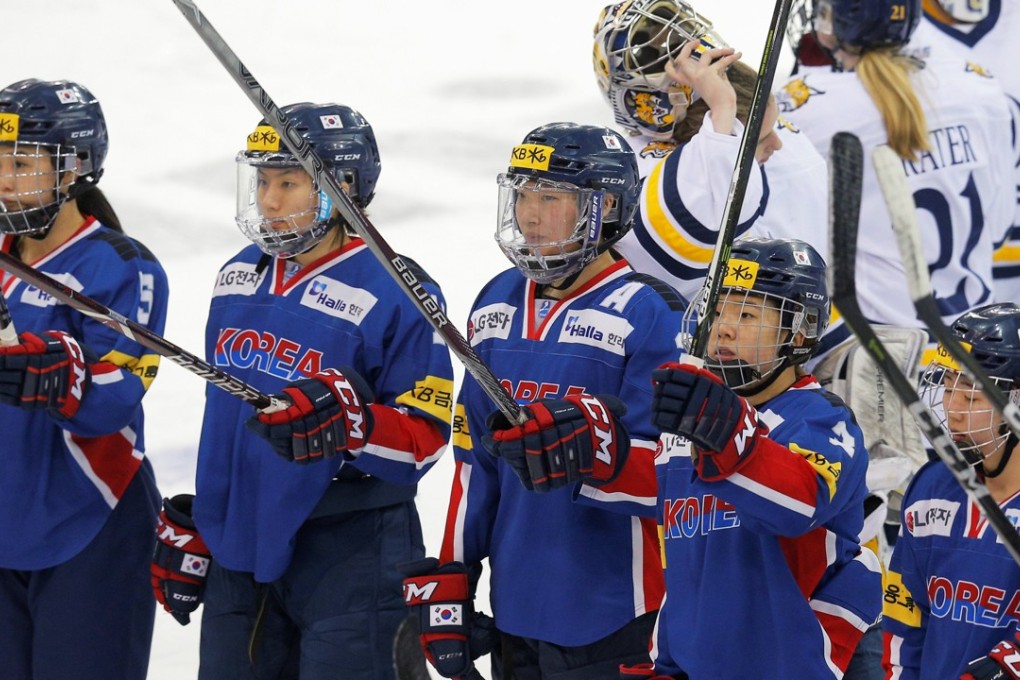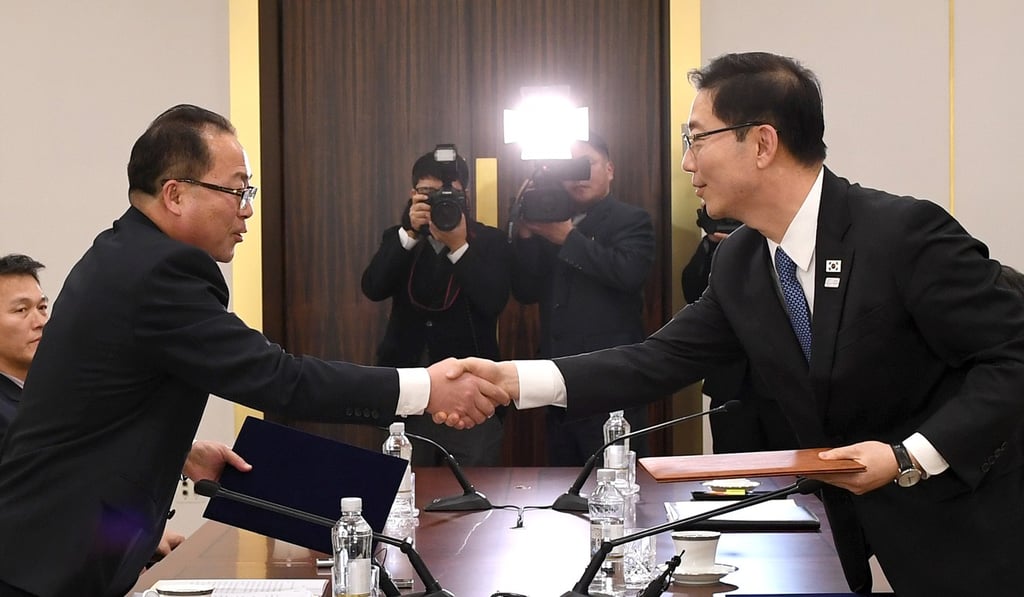Promise of unified Koreas at Olympics leads to anger in South Korea and concern internationally

The proposal for South Korea and North Korea to present a unified front at the Winter Olympics has excited many – and angered many more. Meanwhile, the international community has raise an eyebrow at Kim Jong-un’s apparent peace offering.
Seoul announced the plan to march together under a pro-unification flag on Wednesday, as well as the proposal of a unified women’s ice hockey team.
That has resulted in a sharp uptick in petitions against the unified team on the website of Seoul’s presidential Blue House. The number of petitions shot up to more than 100 this week, with the most popular one garnering more than 17,000 votes.
“This isn’t the same as glueing a broken plate together,” said one of the signers.
The prospect of a combined team had long been unsettling for the South Korean players. As in most other winter sports, the South is much stronger than the North.
